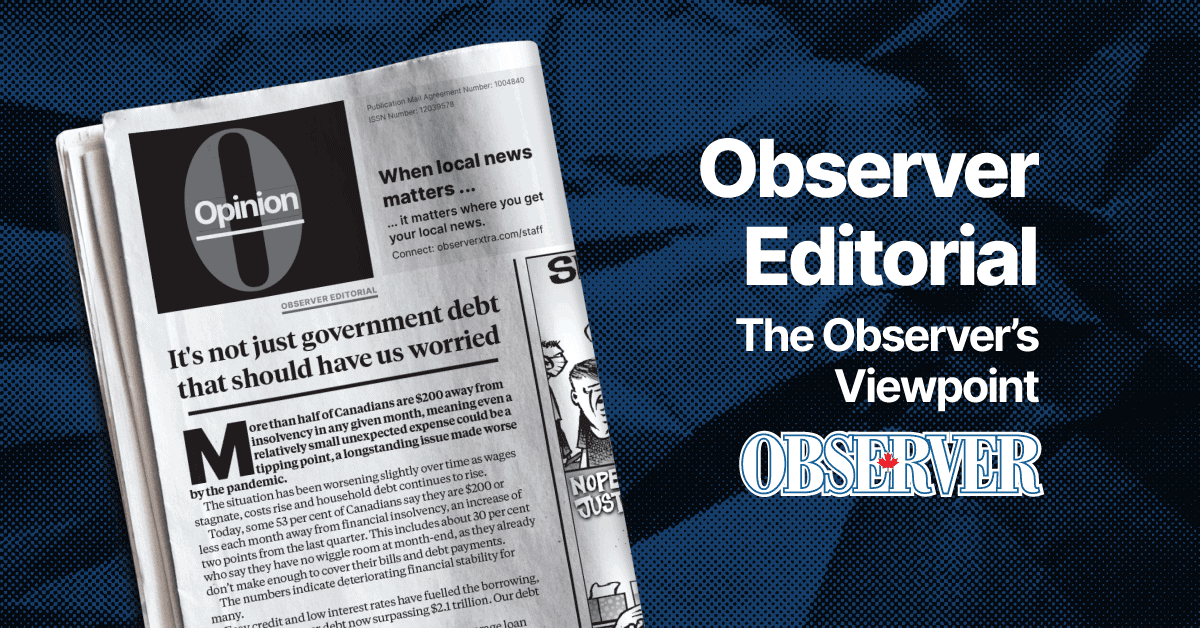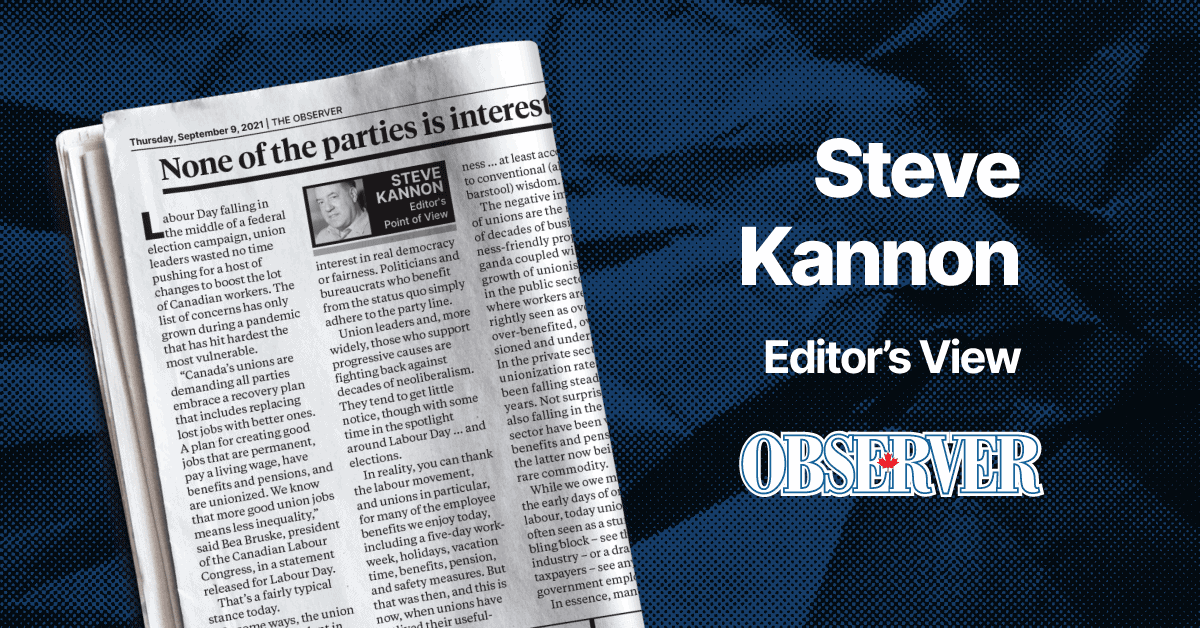;
;
;

Andy Williams tells us “It’s the Most Wonderful Time of the Year.” It’s also the most nostalgic. Nostalgia is a powerful force, never more so than at Christmas. This season is a time of traditions, a link to our past – some personal, like grandma’s recipe for stuffing, and others shared with many ot
Last updated on May 03, 23
Posted on Dec 22, 22
4 min read
